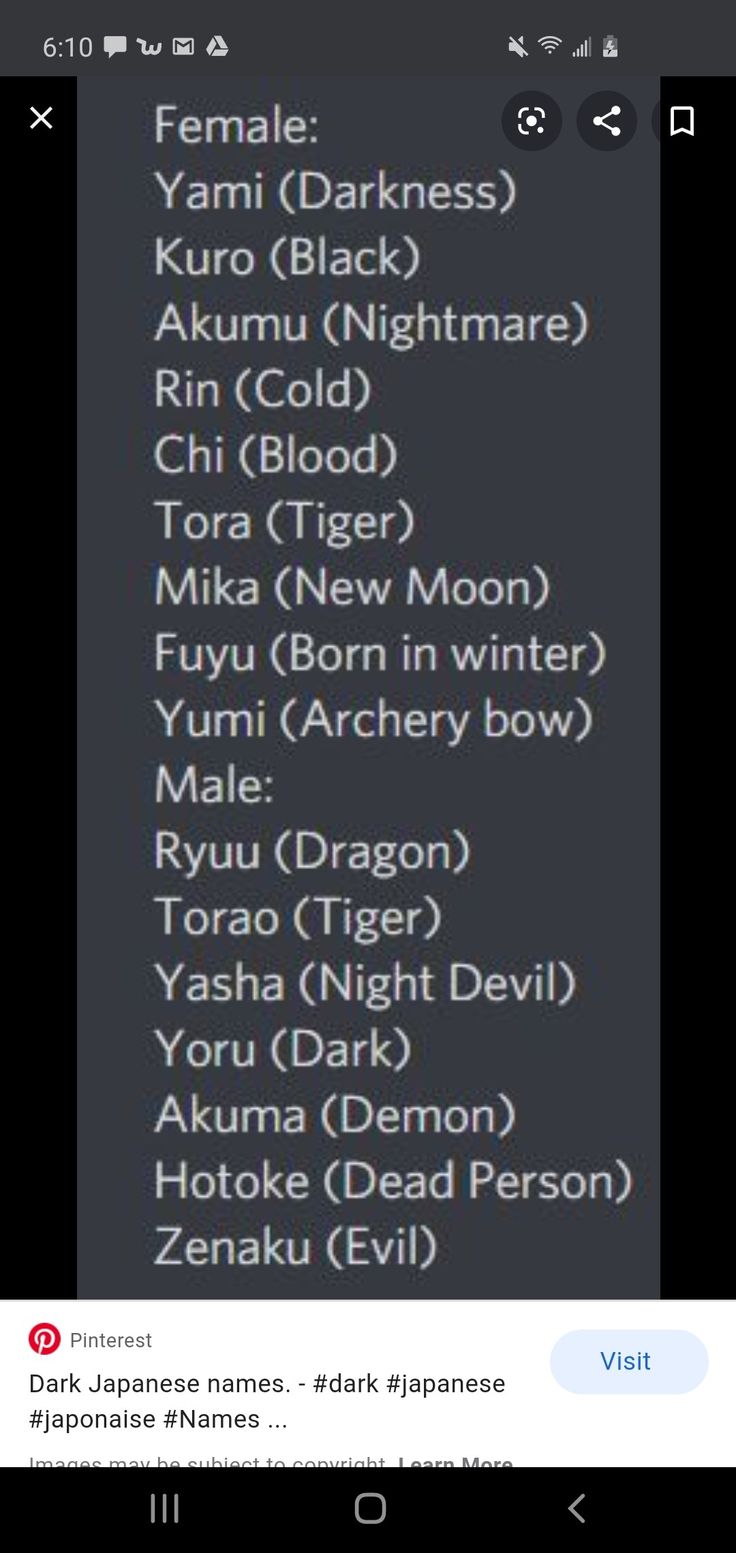Japanese culture is rich in symbolism and tradition, and names are no exception. While some Japanese names have cheerful or auspicious meanings, others carry a more somber tone. This article explores some of the most popular Japanese names for girls that mean death, offering insights into their historical and cultural significance.
Throughout Japanese history, death has been a prevalent theme in literature, art, and folklore. From the tragic tales of samurai warriors to the haunting legends of vengeful spirits, death has left an indelible mark on the Japanese psyche. As such, it is not surprising that some Japanese names reflect this preoccupation with mortality.
Names Derived from Death-Related Deities
Several Japanese names for girls are directly inspired by deities associated with death and the underworld. Izanami, the goddess of death and darkness, is one such deity. Names derived from Izanami often include the characters “mi” (美), meaning beauty, and “na” (奈), meaning name. Examples include Mina, Minami, and Nana. Another deity associated with death is Enma, the ruler of the Buddhist hell. Names derived from Enma typically incorporate the character “ma” (魔), meaning demon, such as Maya and Mao.
Some names also reference specific aspects of the afterlife. For instance, the name “Rinne” (輪廻) signifies reincarnation, while “Saisei” (再世) means rebirth. These names convey a sense of hope and renewal amidst the inevitability of death.

Names Connoting Darkness and Mortality
Beyond deities, some Japanese names for girls evoke a sense of darkness and mortality through their use of certain characters. The character “shi” (死), meaning death, is often used in combination with other characters to create names such as Shiori (志織), Shizuka (静) and Shiho (志保). These names subtly acknowledge the transience of life and the inevitability of death.
Other names use characters associated with darkness or the night to convey a similar sentiment. For example, the name “Kuro” (黒), meaning black, evokes a sense of mystery and shadow. Similarly, the name “Yoru” (夜), meaning night, suggests a time of quiet contemplation and reflection on mortality.
Conclusion
Japanese names for girls that mean death reflect the complex and multifaceted nature of Japanese culture. They offer a glimpse into the country’s fascination with death and its profound influence on art, literature, and language. While these names may seem somber or morbid to some, they also embody a sense of acceptance and a recognition of the beauty and fragility of life.
Ultimately, the meaning of a name is subjective, and its significance lies in the personal connections and interpretations made by those who carry it. For some, these Japanese names may serve as a reminder of mortality, while for others, they may evoke a sense of comfort and acceptance in the face of the inevitable.



